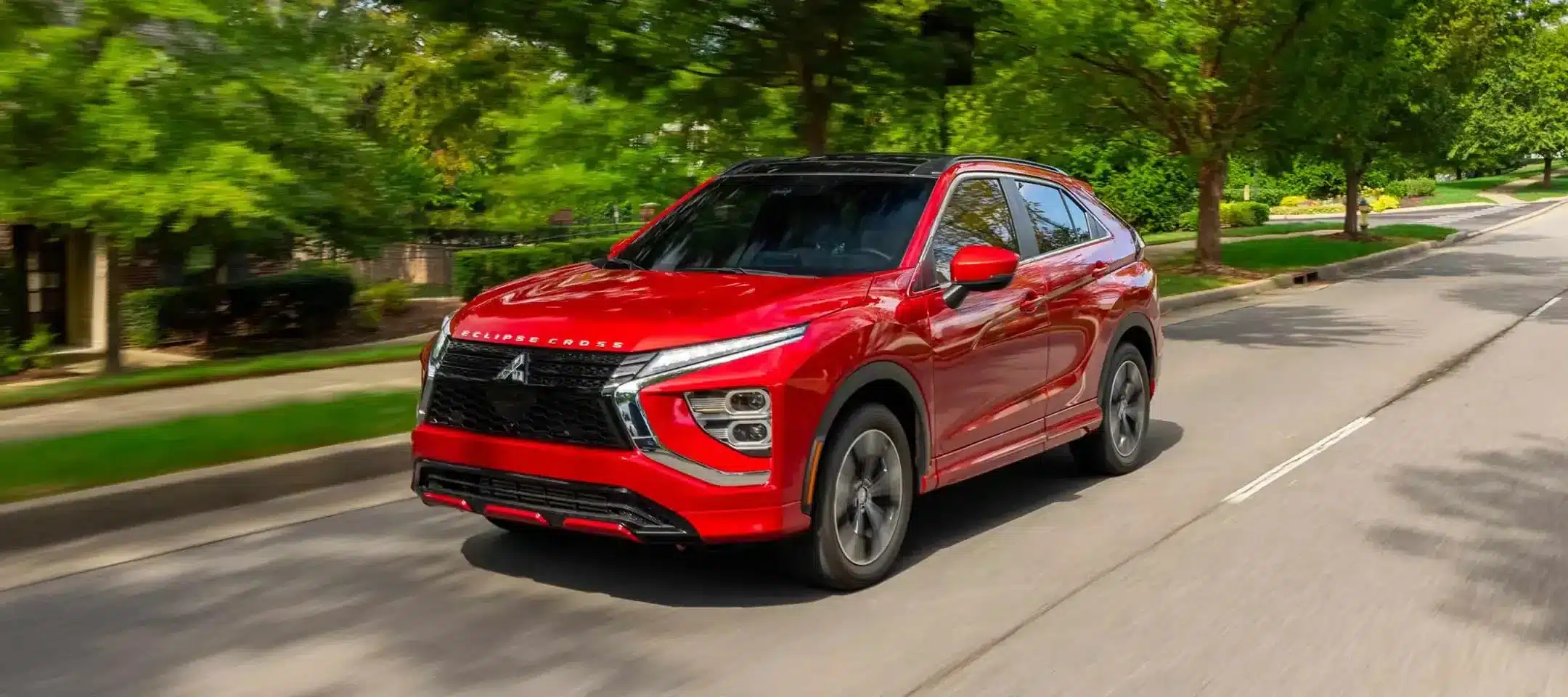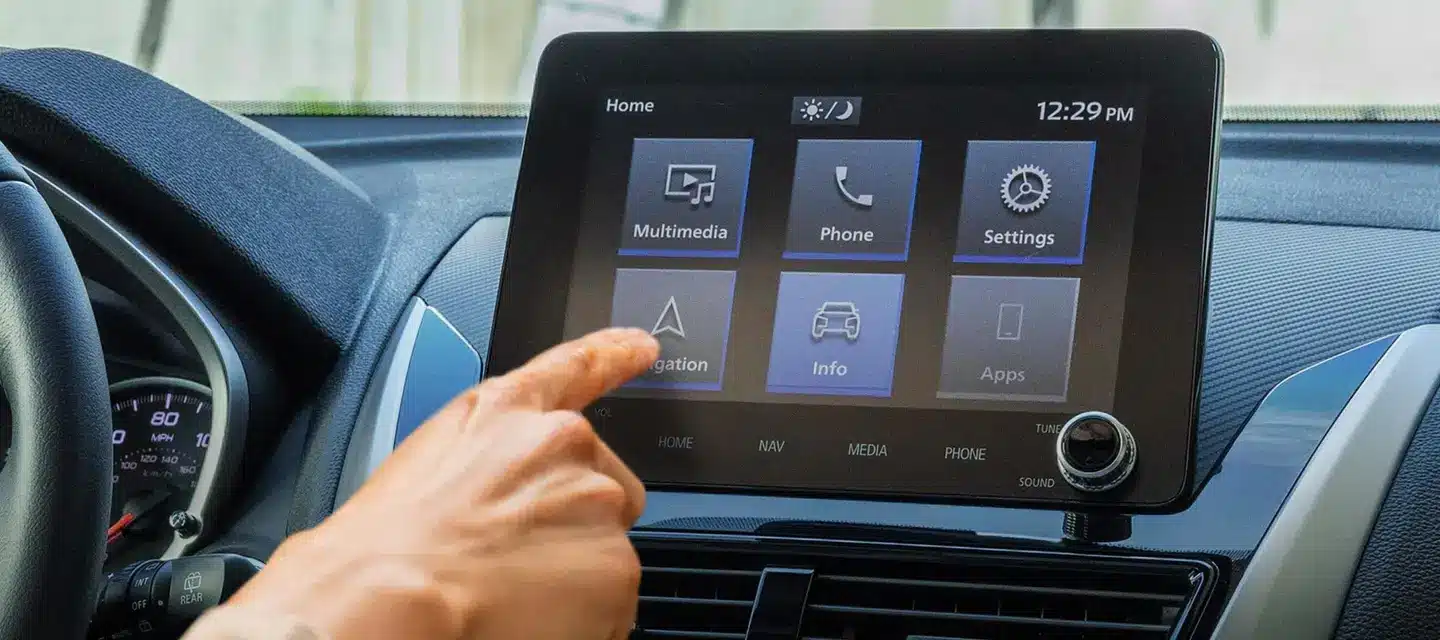All Categories
Featured
Table of Contents

Introduction: Importance of Maintenance for Longevity
Taking proper care of your Mitsubishi is key to ensuring that it serves you well for many years. Regular maintenance not only keeps your car running smoothly, but it can also improve its performance and prevent costly repairs in the future. In this article, we'll explore essential Mitsubishi car maintenance tips that will help extend the life of your vehicle and keep it in top shape. For more information on Mitsubishi services, check out our service page.
1. The Importance of Oil Changes
One of the most important maintenance tasks for your Mitsubishi is changing the oil regularly. Oil lubricates the engine’s moving parts, reducing friction and preventing overheating. Without proper lubrication, the engine can suffer from unnecessary wear and tear, leading to costly repairs. Be sure to follow the manufacturer’s recommendations for oil change intervals, and use high-quality oil that matches your Mitsubishi’s specifications. Regular oil changes are a simple yet crucial step in keeping your car running efficiently. To schedule an oil change, visit our Oil Change Service page.

2. Proper Tire Maintenance
Tires are one of the most important components when it comes to vehicle safety and performance. Proper tire care includes maintaining the correct tire pressure, regularly checking for signs of wear, and rotating the tires to ensure even tread wear. Rotating your tires every 6,000 to 8,000 miles can help extend their lifespan and improve fuel efficiency. Make sure to check your Mitsubishi’s tires frequently to avoid unexpected issues and ensure a smoother ride. For tire maintenance, visit our Tire Services page.
3. Regular Brake Inspections Are Key
Your Mitsubishi's braking system is vital for safety, so regular brake inspections are essential. Over time, brake pads wear down, and brake fluid levels can drop, leading to decreased braking efficiency. Having your brakes checked every 12,000 miles (or as recommended by your Mitsubishi dealer) can help prevent more serious problems down the road. Be sure to listen for any unusual sounds when braking, as they can be an indication that the brake pads need to be replaced or the system needs further inspection. To book a brake inspection, visit our Brake Services page.
4. The Importance of Timing Belt Checks
The timing belt plays a critical role in your Mitsubishi’s engine operation. It ensures that the engine's camshaft and crankshaft rotate in sync, helping to prevent engine damage. If the timing belt wears out or breaks, it can lead to severe engine damage and expensive repairs. Check your Mitsubishi’s owner manual for timing belt replacement intervals (usually around 60,000 to 100,000 miles) and make sure to replace it as recommended to avoid costly repairs. To check for timing belt service, visit our Engine Services page.
5. Winter Care for Your Mitsubishi
Preparing your Mitsubishi for the winter months is crucial, especially if you live in colder climates. Winterizing involves checking and replacing your vehicle’s fluids, inspecting the battery, ensuring proper tire pressure, and using winter-grade oil. Additionally, check the heater and defroster to make sure they’re working properly. These simple steps can help you avoid unexpected issues and ensure your Mitsubishi performs at its best during the colder months. For winter services, check out our Winterizing Services page.

Conclusion: Keeping Your Mitsubishi in Top Shape
Maintaining your Mitsubishi regularly ensures its long life and peak performance. Keep up with oil changes, tire care, brake inspections, timing belt checks, and winterization to ensure a smooth ride for years. Don’t wait for problems to arise—be proactive with your maintenance and keep your Mitsubishi in excellent condition. For all service needs, visit our service center.
Table of Contents
Latest Posts
Enhance Your Hyundai Ownership with Ron Marhofer Hyundai's Unique Programs
Visit Montclare Auto Repair Today - Reliable Service Guaranteed
Flexible Financing and Leasing Options at Hyundai of Akron
More
Latest Posts
Enhance Your Hyundai Ownership with Ron Marhofer Hyundai's Unique Programs
Visit Montclare Auto Repair Today - Reliable Service Guaranteed
Flexible Financing and Leasing Options at Hyundai of Akron